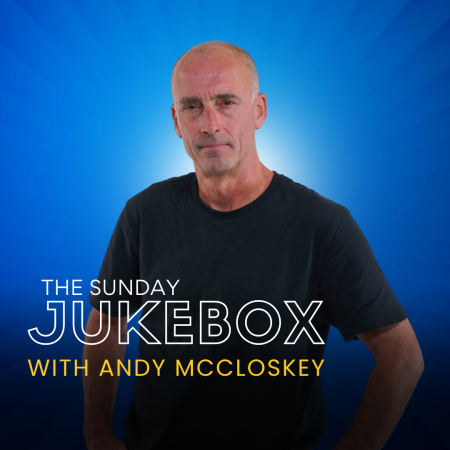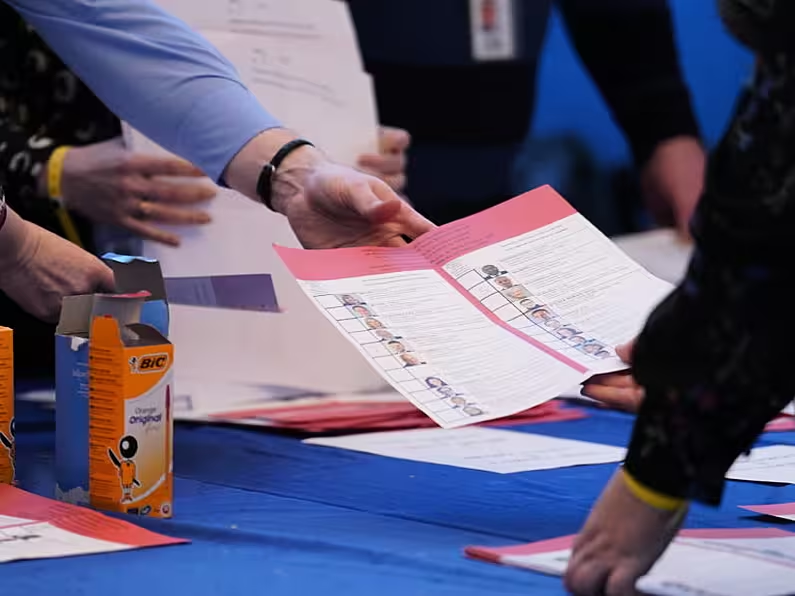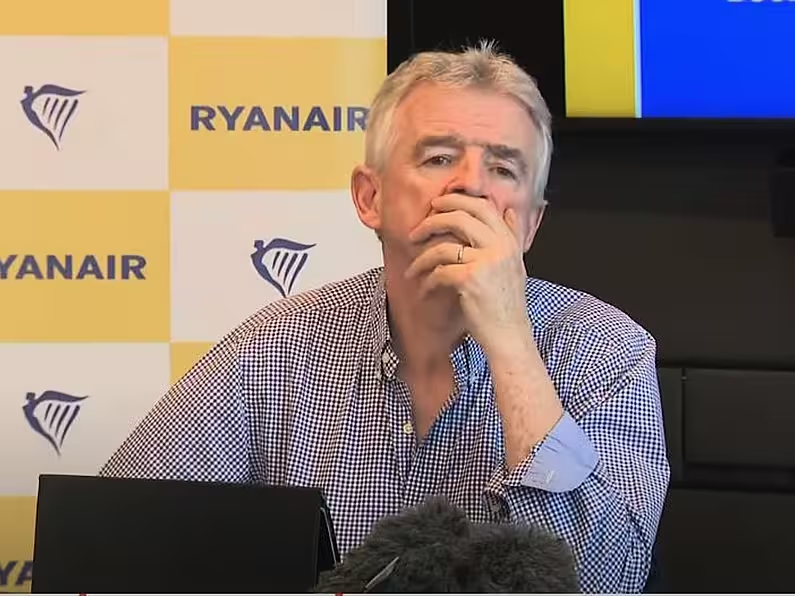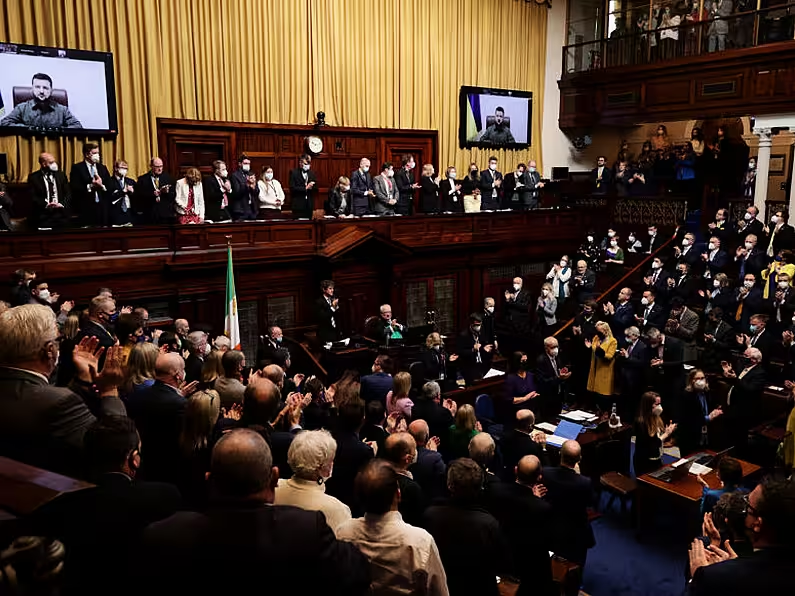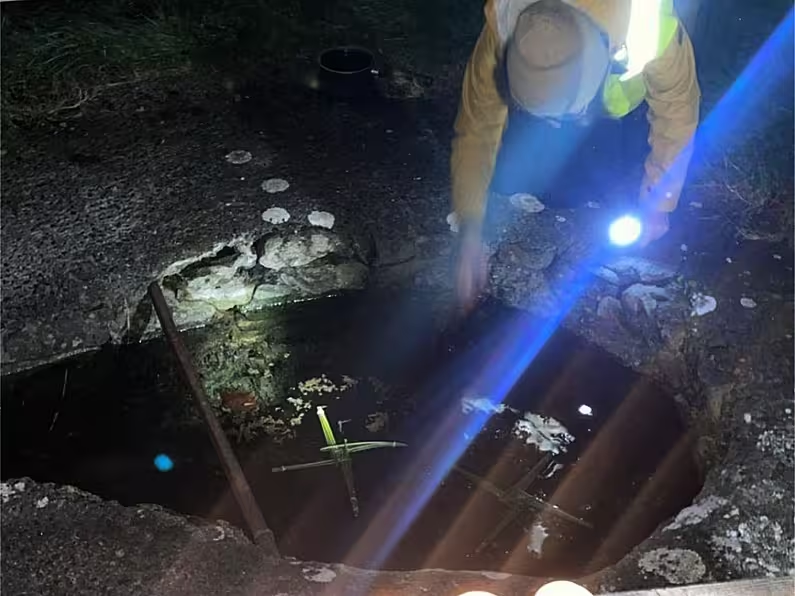James Cox
The European Recycling Platform (ERP), Ireland’s only pan-European compliance scheme for WEEE and Waste Batteries, today released figures highlighting an increase of electronic waste recycling during the Covid-19 pandemic.
Overall, ERP Ireland identified a nine per cent increase in electronic waste recycling per person with over 5.6 million electrical items collected during 2020.
The figures highlight a 19 per cent increase in the recycling of large kitchen appliances including washing machines, ovens and dishwashers with an average 56 per cent jump in the recycling of these objects during April and May compared to the previous year.
ERP Ireland collected 530 tonnes of batteries in 2020, a seven per cent increase from the previous year, enough batteries to line the length of Ireland twice.
ERP Ireland also announced results of the ‘Recycling Habits during Covid-19’ study by Coyne Research, which highlights recycling behaviours during the pandemic, identifying items recycled, items repaired, as well as items kept unused in the family home and the reasons for hoarding them.
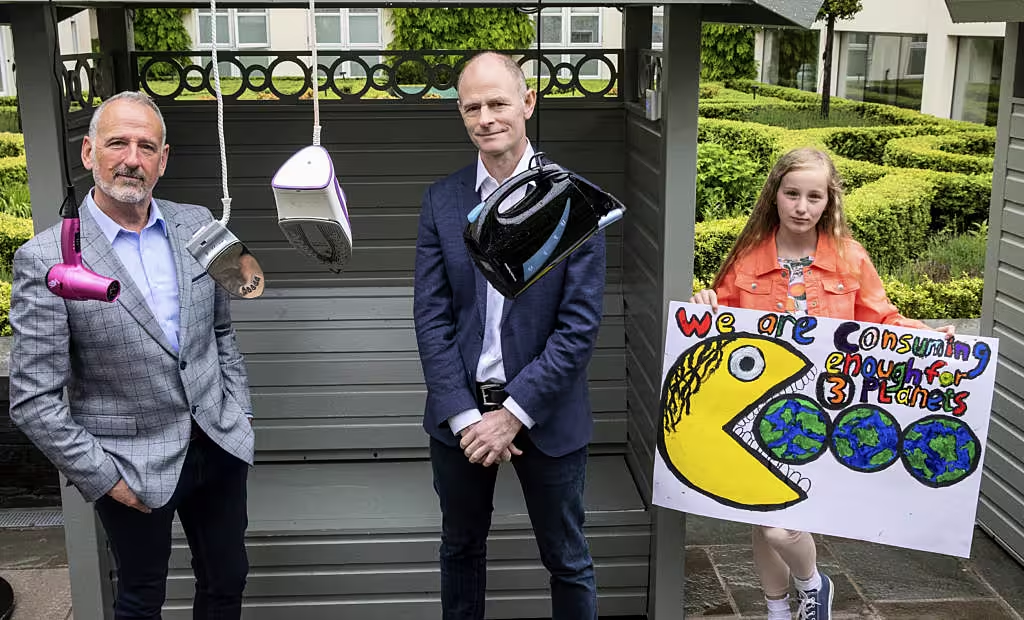
Pictured launching the results were Martin Tobin, CEO, ERP Ireland, Minister of State at the Department of Public Expenditure and Reform Ossian Smyth TD with Amelia Holmes (11). Photography: Conor Healy /Picture it.
The nationally representative online survey carried out amongst 1,000 adults aged 18+ years, revealed that:
- A kettle was the most recycled object over the past twelve months, with one in four Irish adults claiming to have recycled one in the past year.
- TV (19 per cent), large kitchen appliances (17 per cent), plugs/cables/chargers (16 per cent), microwave (14 per cent), toaster/sandwich maker (14 per cent) and mobile phone (13 per cent) were also amongst the top items recycled.
- One in five Irish adults has a DVD player and video player unused gathering dust in their homes.
- A PC or laptop was the most repaired item in 2020, with one in 10 Irish adults fixing one in the last twelve months.
- Over two-thirds of respondents claimed to have unused electrical items in their home.
- 14 per cent claim they have a sewing machine, iPod/MP3 player, Walkman/Discman, and plugs/cables/chargers unused in their home.
- Just under half of respondents said they do not recycle unused electrical items as they feel they may use them again in the future, with only eight per cent concerned about data privacy.
Additional Insights on recycling behaviours identified within the ‘Recycling Habits during Covid-19’ research include:
- Four in five Irish adults are aware of their local recycling centre as a location for recycling electronic equipment for free.
- Over seven in 10 are aware of their local electrical retailer as a location for recycling electronic equipment for free.
- Four in five adults are aware of their local recycling centre and their local supermarket as locations for recycling used batteries for free.
The ‘Recycling Habits during Covid-19’ research also pointed out that only one in four Irish adults (24 per cent) understand what is meant by the Circular Economy with those aged between 18 and 37 most likely to understand the meaning of the term.
Traditionally, economies in the developed world have been based on a “take, make, dispose” model. A circular economy is based on long-life products that can be renewed, reused, repaired, upgraded, and refurbished to preserve precious natural resources, protect habitats, and reduce pollution.


